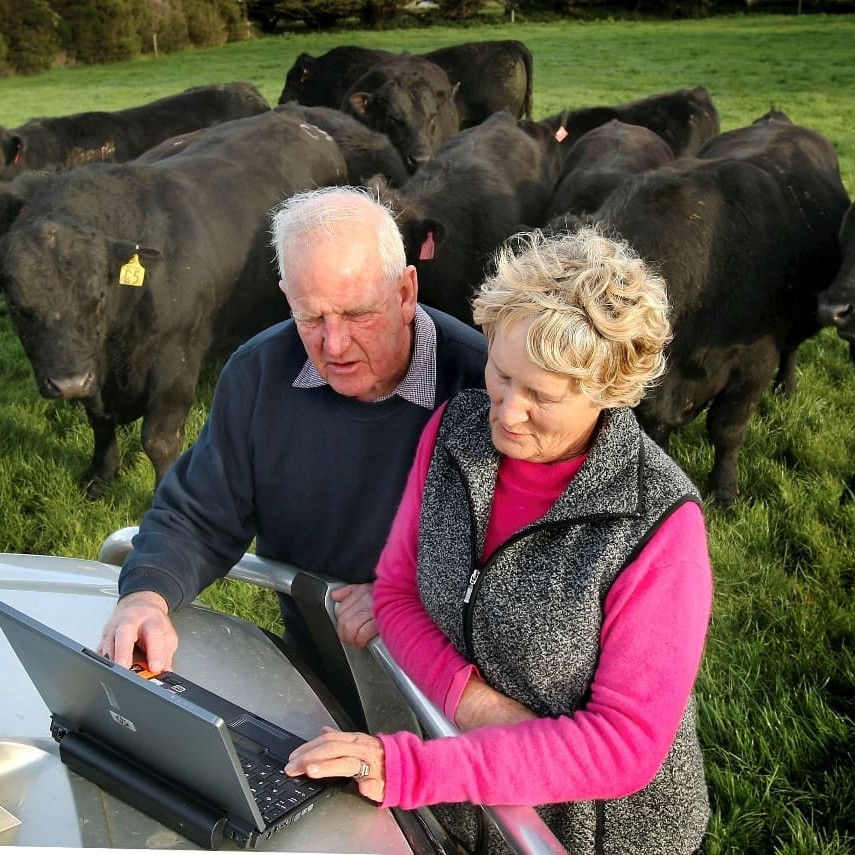 The succession planning landscape is changing, with few women remaining on the land – yet those who return bring a new and evolved skill set to the family farming operation, according to succession planning facilitator, Kim Lee.
The succession planning landscape is changing, with few women remaining on the land – yet those who return bring a new and evolved skill set to the family farming operation, according to succession planning facilitator, Kim Lee.
Speaking at the National Rural Women’s Conference held in Canberra this week, Ms Lee discussed the impact of the demographic change across Australian agriculture and how women are bringing a new skill set to the forefront of succession planning.
“According to a 2005 study published by the Department of Land and Water Australia, annual entry to farming as a career for men has declined by 40 percent from 1976 to 2001, and by 70pc for women respectively,” Ms Lee said.
“That’s a big demographic change in terms of who is coming back to the land and how this could impact the farming sector.
“The basis of succession is transferring the family business from one generation to the next. The reality is there are less women going back to the land as partners and as operators in their own right, and as this trend continues, what can we expect our succession planning landscape to look like?”
Ms Lee explained that the reason for the decline was complex, but education had played a significant role. Women are more educated and have established separate careers – in or outside agriculture. They don’t return to the farm as wives, they’re return as business partners.
“These days, women are far more educated – they’ve had more diverse experiences in the outside world before they become involved in the family farming business,” Ms Lee said.
As the manager of Rabobank’s Succession Planning services, Ms Lee has extensive experience in working with rural farming families to achieve personal, family and financial benefits for each generation. She has noticed the transformation in how women approach family succession discussions, noticeably changing the dynamics of how the process is undertaken.
“Particularly with the younger women, I find they’re more proactive planners with family dealings,” she said.
“It’s usual for women who contact me in the beginning to make formalised arrangements to have meetings.”
Communication strength
Ms Lee said from an operational perspective, the contribution women make to the running of the farm business is seen in their willingness to communicate.
“It’s the women wanting to actively set-up meetings with staff to coordinate planning or discussions around operational issues. They’re the ones at the field days too, they’re active in the community, taking part in local grower group meetings and showing a real commitment to rural business as a whole,” she said.
“Increasingly, women moving to the country onto farms or non-farm employment are preferring access to larger regional centres where the possibility of pursuing careers or supplementing farm income is greater – the relative attractiveness of remote locations has decreased as women seek employment and career development.”
In Ms Lee’s view, family income is now a combination of off and on-farm earnings, partly due to the educational status of the operators, male or female.
No matter what the set up looks like, the rural landscape is changing, Ms Lee said, and she is certain it will continue to change.
“These changes aren’t necessarily for the worst as it’s not about losing people from the land – we’ve become more resourceful and strategic but one thing is for sure – the contribution women make will be greater even though they’re fewer of them,” she said.
“How this impacts on the next generation in agriculture is going to be interesting.”
- An initiative of the National Rural Women’s Coalition, the National Rural Womens’ Conference brought together 400 stakeholders from rural, regional and remote Australia to voice their concerns and aspirations, to meet with politicians and others from rural areas and to share their vision for the future. Encompassing keynote speakers, workshops and discussion, delegates heard from more than 40 inspirational women sharing their experience of business, community, rural issues and the joys and challenges of rural life.



HAVE YOUR SAY